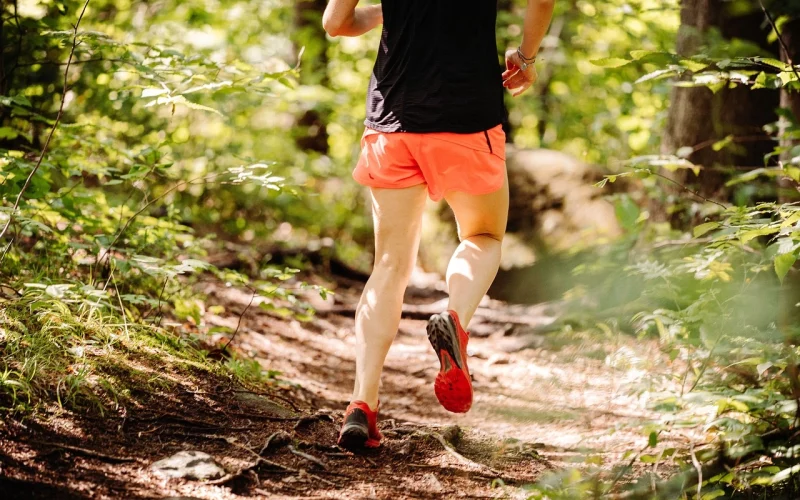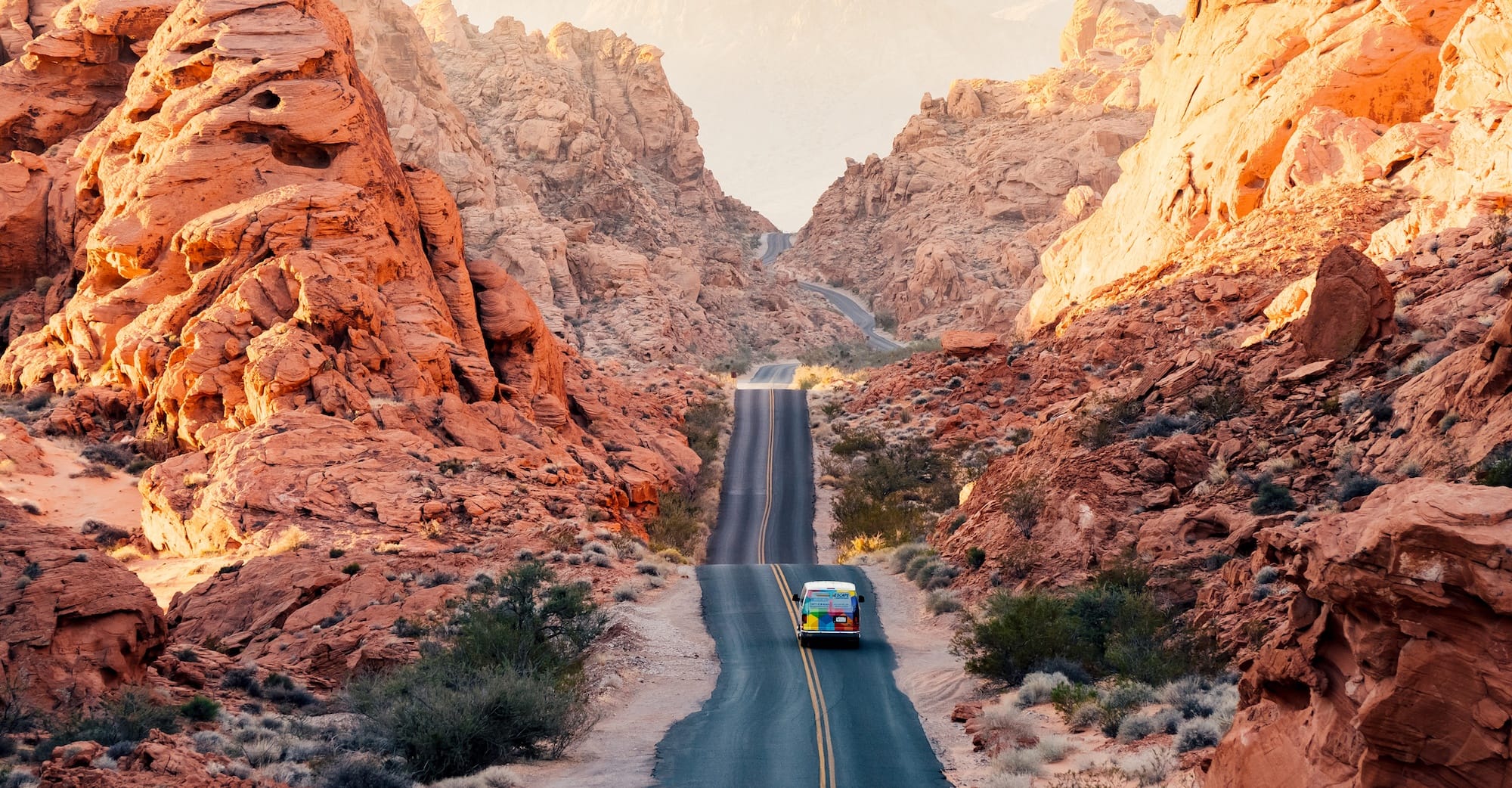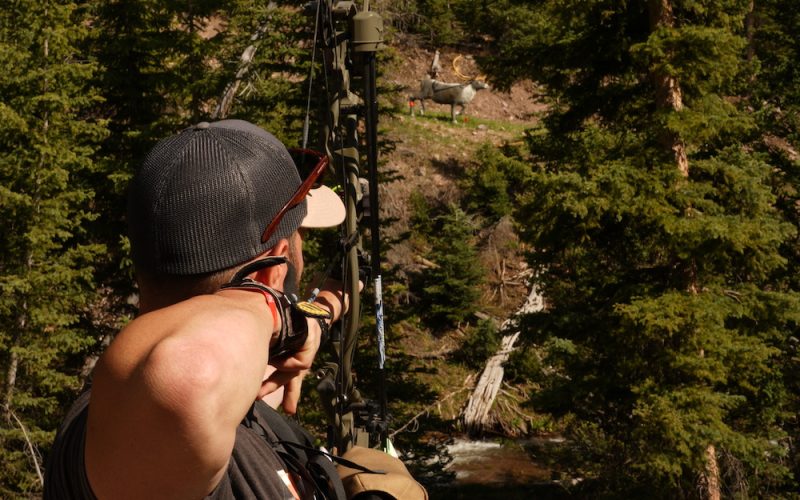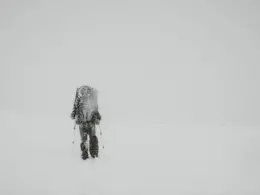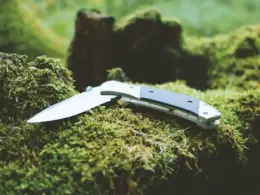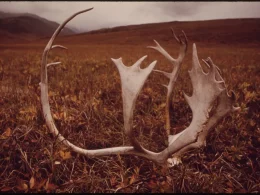Many pleasurable things we do in life are due to the dopamine hit we get from doing it. What’s dopamine, you ask? According to the Cleveland Clinic, “Dopamine is known as the “feel-good” hormone. It gives you a sense of pleasure. It also gives you the motivation to do something when you’re feeling pleasure. Dopamine is part of your reward system.”
You may get a small dopamine hit from things like crossing something off your “To Do” list, drinking beer, or eating chocolate (for an entire book on dopamine, check out Dopamine Nation by Anna Lembke, MD). While the list of things that promote dopamine is long, we do many things outdoors for dopamine.
I enjoy shed antler hunting (huge dopamine hit!), foraging for morels, and even picking huckleberries. Hunting and fishing can also provide a dopamine rush. Seeing an elk in an open meadow three drainages over with a rifle in your hand and a tag in your pocket will surely get those brain hormones flowing (IYKYK!).
I could write an entire list of dopamine-inducing outdoor activities, but let’s talk about some favorites: shed antler hunting, morel foraging, huckleberry picking, big game hunting and fishing.
All these activities also activate some primitive part of our brains, our survival instincts. Since we evolved from hunters and gatherers, it makes sense that we still want to get out and hunt or forage. The dopamine hit we get from being successful may just be what helped our ancestors survive. But today, these activities can also increase our well-being and give us a sense of accomplishment.
Table of Contents
Shed Antler Hunting
Starting in the spring, shed antler hunting is the first big dopamine hit many enjoy. Which, by the way, many call “horn hunting.” Horn hunting isn’t accurate, but it rolls off the tongue better. The difference is that horns are permanent, while antlers are shed annually. Wild sheep and domestic cattle have horns, whereas deer and elk have antlers.
There is a contradiction to what I said above about survival, as you surely can’t eat the antlers (although many small woodland creatures do). However, antlers are worth money, and in our modern need to survive (make money), perhaps that’s where our dopamine hit comes from. But, to walk through the forest or field in the spring as the remaining snow is melting and the first grass is peaking through the soil, spotting a shed antler is a dopamine hit like few others. It’s like adult Easter egg hunting but worth more.
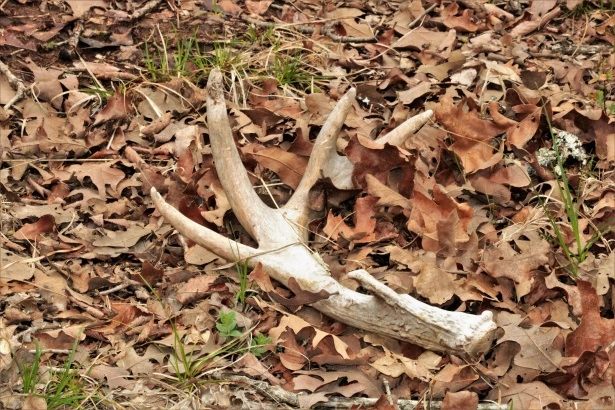
Yes, people hunt sheds to sell them, which can result in lots of competition and even unethical behavior. Often, people start shed hunting as soon as animals drop them, which can be a critical time of year for their survival. After winter, animals have minimal body fat and may be weakened. Spooking and bumping them around to try to get their shed antlers could cause undue stress and result in the death of the weakest animals since they’re burning energy they may not have.
Other people take shed hunting too far because they become addicted to dopamine. I have a friend who worked in fish and wildlife law enforcement for close to twenty years, and he labeled it “the sickness.” People will resort to illegal activities, including hunting sheds in states that have one before the season or sneaking onto game ranges and stashing them before opening day. Wildlife agencies will try to catch people, and there can be serious consequences if caught. However, as with many things, sometimes the dopamine hit is too great, and people will give in and break the law rather than wait like everyone else.
If you’re like me, perhaps you enjoy an excuse to get out in nature, breathe fresh air, and maybe get that dopamine hit once in a while if you’re lucky. I’m stoked if I find one or two, and some years I’m fortunate to find more. I like to keep them and remind myself of finding them and the many warm spring days I enjoyed.
Morel Foraging
As spring turns to summer, at least in the West, we go foraging for morels. This fungus is a delicacy prized by chefs and common-folk alike for its earthy, nutty flavor that pairs well with steak, goes great in scrambled eggs, and much more. Because of this, they’re also quite valuable. In fact, commercial pickers have pulled guns on each other over them.
Of course, some places naturally have them, while the previous year’s fire scars will yield plenty. Morels grow prolifically in year-old burns, and you can walk away with gallons if you time it right. They also like decaying elms, ash, poplar, and apple trees and grow well on south-facing slopes and logged woodland or disturbed areas.
These crinkly mushrooms only grow when conditions are just right, usually once the outside temperatures reach around 70 degrees for several days in a row.
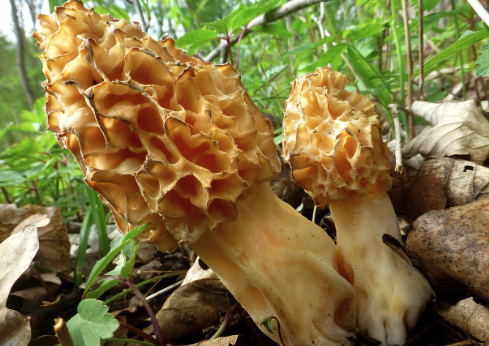
Finding the first morel of the day is a huge dopamine hit. And, who am I kidding, each one after. There is something so satisfying about spying a cluster of them under a log or in a wash. Some are big, some small, but they all give the hit. Since morels are food, the dopamine hit may be linked to survival. Or perhaps it’s because they are also valuable due to their short growing season and difficulty to find.
I desire to find a morel and a shed antler simultaneously, but it has yet to happen. Talk about a dopamine hit!
Huckleberry Picking
Moving on into mid to late summer, we get into huckleberry season. These little purple berries smell and taste delicious and are laborious to pick. They only grow in the wild. Efforts to produce them domestically have failed. Therefore, they are yet another valuable commodity. Just visit any Western state, and you’ll see huckleberry products all over the shelves, from jams and syrups to ice cream and taffy.
Commercial pickers will be out in full force when the huckleberries are popping. Again, these can be worth around $100 per gallon (or more), and people compete for them. They’ll also use rakes to fill their buckets, which can damage the plants. There is a trend here: anything worth money seems to have a negative side.
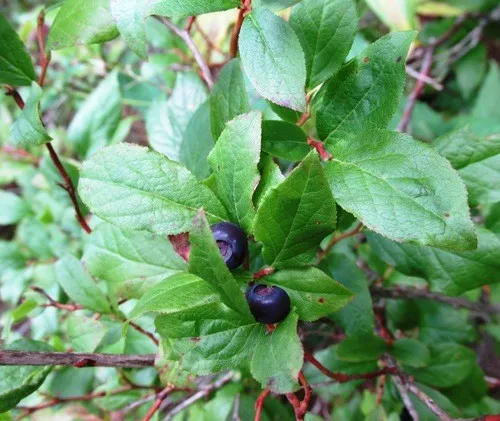
But, as stated before, they are a mechanism for modern survival (making money). Even though many people do not pick them for cash, there is still a dopamine hit that comes with a whole bucket of berries at the end of the day. They are excellent in pancakes, making jam and syrup, adding to crepes and more!
Big Game Hunting
It’s time to go big game hunting as summer turns to fall. This is the most difficult of all these activities as the hunted do not stay in one place! Big game animals are agile and have excellent instincts that always keep them one step ahead of us humans. However, putting on a stalk after spotting a big game animal is a heart-pounding experience. Whether you’re hunting deer, elk, mountain sheep or goats, moose, bear, mountain lions, caribou, and more, there is nothing like the pursuit to get your blood rushing and the feel-good hormone pumping.
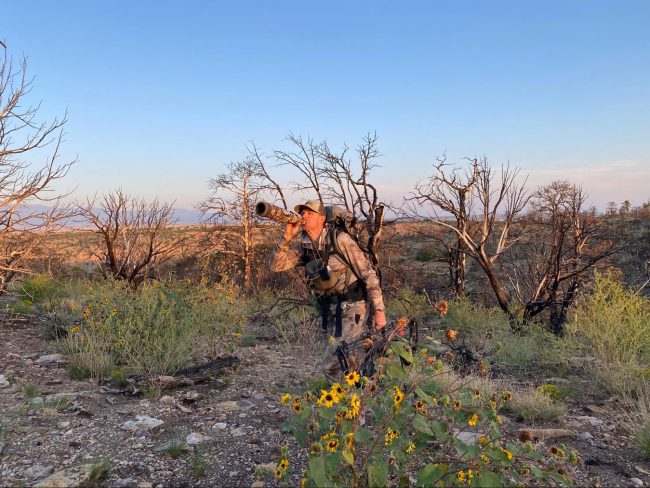
Some people hunt for meat, while others for trophy animals (big antlers or horns). Still, others hunt for both. Whatever the motivation, a dopamine hit comes from the chase, especially if successful. It also provides an excellent opportunity for exercise, fresh air, early mornings and likely some frustration. But ask any successful hunter, and they can recognize the dopamine hit that keeps them returning for more.
Of course, hunting big game is the ultimate mechanism for survival. It is, of the activities discussed here, the most directly related to actual survival. Filling a freezer full of meat, especially in a time of high inflation and expensive store-bought meat, is a way to feed several people throughout the year.
Fishing
I’m not much of a fisherwoman, but plenty of people get a dopamine hit from this activity. Feeling the tug at the end of your line will indeed cause a dopamine surge through your brain, creating that pleasurable experience. For some, it doesn’t matter the type of fish, while others will only go for certain species. Whether you’re a fly fishing officiando, prefer angling, gill netting, or something else, there are plenty of ways to get the hit!
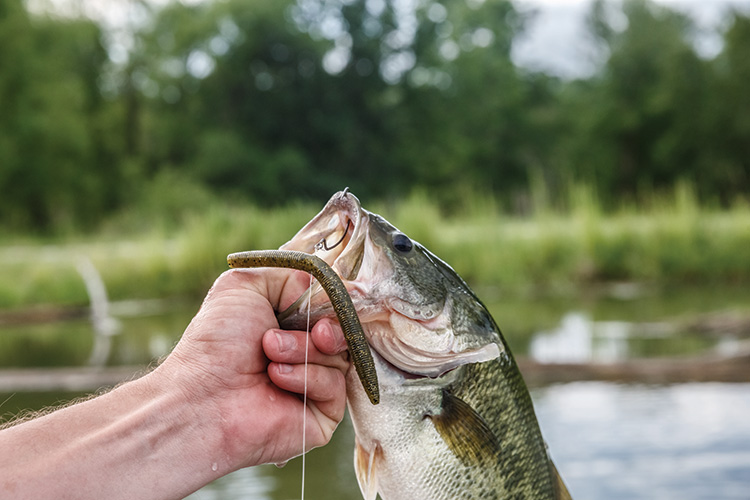
This sport is enjoyed year-round, and as with hunting, this is a real way to put substantive food in the freezer. Fish provides plenty of valuable, healthy nutrients, so there is likely a direct link between survival and a dopamine hit. Our ancestors fished, and we continue to today!
The Healing Power of Nature
Most people I know that participate in one of these activities participate in all of them. The thrill of finding an antler, spying a morel, filling a bucket of huckleberries, catching a big fish or taking a big game animal is enough to keep people going back out year after year.
There is nothing quite like making breakfast with wild game sausage, a filet of trout, huckleberry jam on toast, and morels in the scrambled eggs. It’s so satisfying. Not only do these activities provide us with nourishment, but they are also good for our souls.
People need the outdoors. We need a purpose and to feel like we’ve accomplished something. The dopamine hit from these activities also gets us out and provides many other benefits. And as long as we’re doing these things legally, it’s a safe bet that these are a healthier way to get our dopamine hit than drugs, alcohol, or other unhealthy mechanisms.

